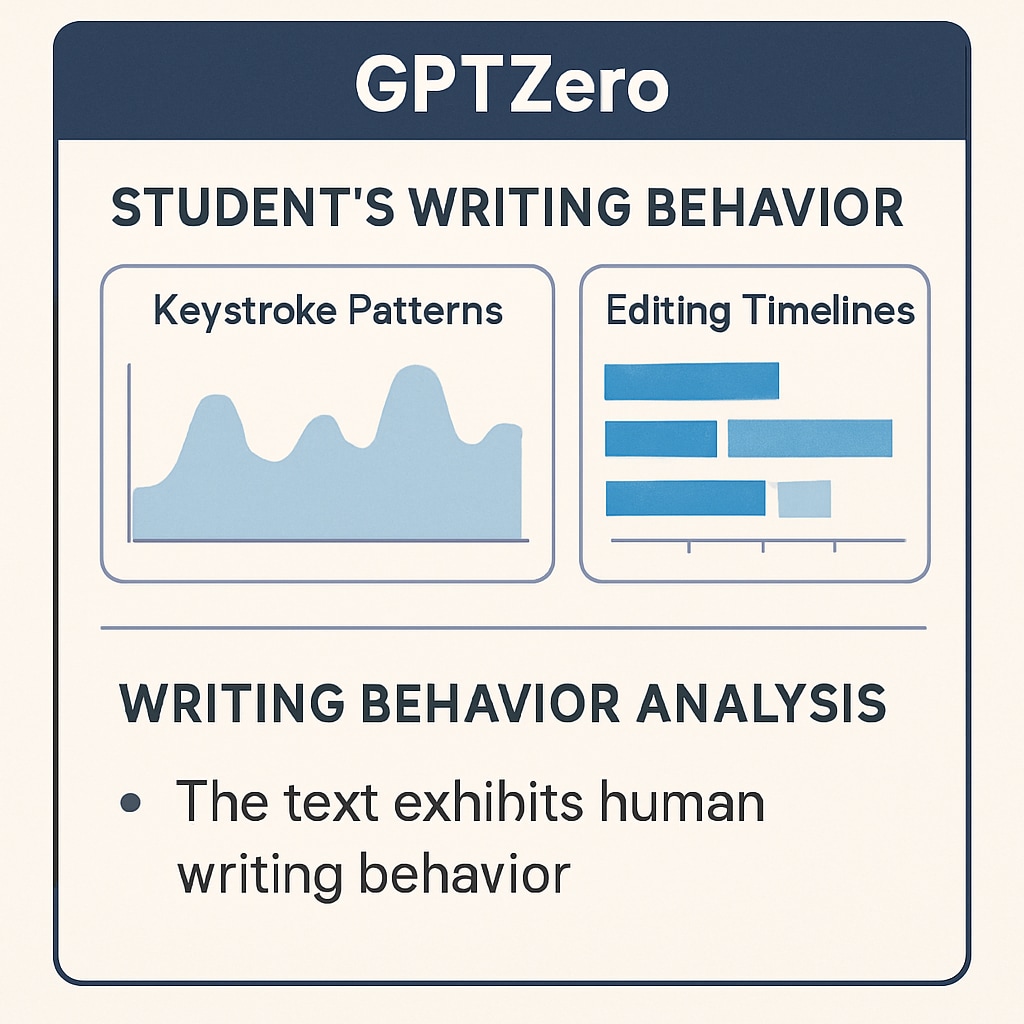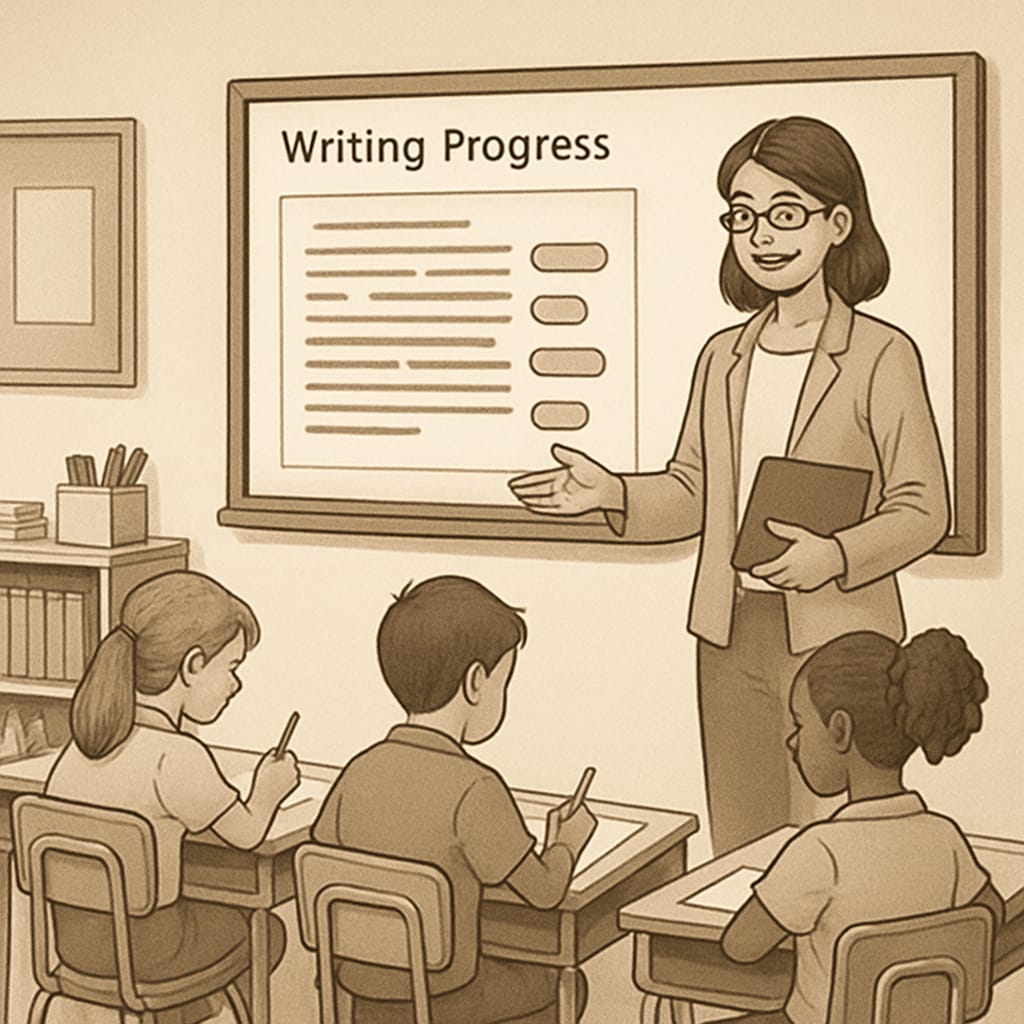In the digital age, where AI-driven writing tools have gained widespread popularity, maintaining academic integrity has become a growing concern for educators. Tools like GPTZero, a free Chrome extension, are emerging as powerful allies in this mission. By providing insights into students’ writing behavior and patterns, GPTZero helps teachers monitor the writing process and identify potential academic misconduct. At the same time, it offers an opportunity for diligent students to have their genuine efforts recognized.
How GPTZero Supports Academic Integrity
GPTZero operates by analyzing students’ writing patterns and behaviors during the creation of their assignments. Unlike traditional plagiarism detection tools, which focus solely on final submissions, GPTZero delves deeper into the process. It tracks keystrokes, pauses, and revisions to create a behavioral profile of the writer. This allows teachers to differentiate between authentic student effort and writing generated or overly influenced by AI tools.
For example, a student who actively engages in drafting, revising, and editing showcases a natural flow of work. In contrast, writing that appears as a single, unedited block may raise red flags, suggesting possible reliance on external AI tools. By highlighting these discrepancies, GPTZero equips educators with the ability to address issues proactively while fostering trust and fairness.

Benefits for Students and Educators
GPTZero’s detailed insights benefit not only educators but also students who invest time and effort into their assignments. Genuine student work is often overshadowed by suspicions of AI misuse, especially in institutions where academic standards are strictly enforced. GPTZero provides a means for students to demonstrate their authenticity, ensuring their hard work receives the credit it deserves.
For educators, the extension streamlines the monitoring process, reducing the time spent on manual evaluations or subjective judgments. Its data-driven approach ensures objectivity, enabling teachers to focus on guiding students toward ethical and effective writing practices.
The Future of Writing Monitoring Tools
As AI continues to evolve, tools like GPTZero are likely to play an increasingly prominent role in education. By combining technological innovation with ethical oversight, these systems address the challenges posed by advanced AI-generated content. However, their success depends on thoughtful implementation and clear communication between educators and students.
To maximize its potential, institutions should consider integrating GPTZero into their academic policies while fostering open discussions about the importance of academic integrity. This collaborative approach ensures that students understand the value of genuine effort and the risks of academic misconduct.

In conclusion, GPTZero represents a significant step forward in maintaining academic integrity in the age of AI. By monitoring writing processes and behaviors, it empowers educators to detect misconduct while validating authentic student effort. As a result, GPTZero serves not only as a tool for supervision but also as a catalyst for fostering ethical writing practices in schools and universities worldwide.
Readability guidance: This article employs short paragraphs, active voice, and transitional phrases for clarity. Lists and images are strategically placed to enhance comprehension and engagement.


